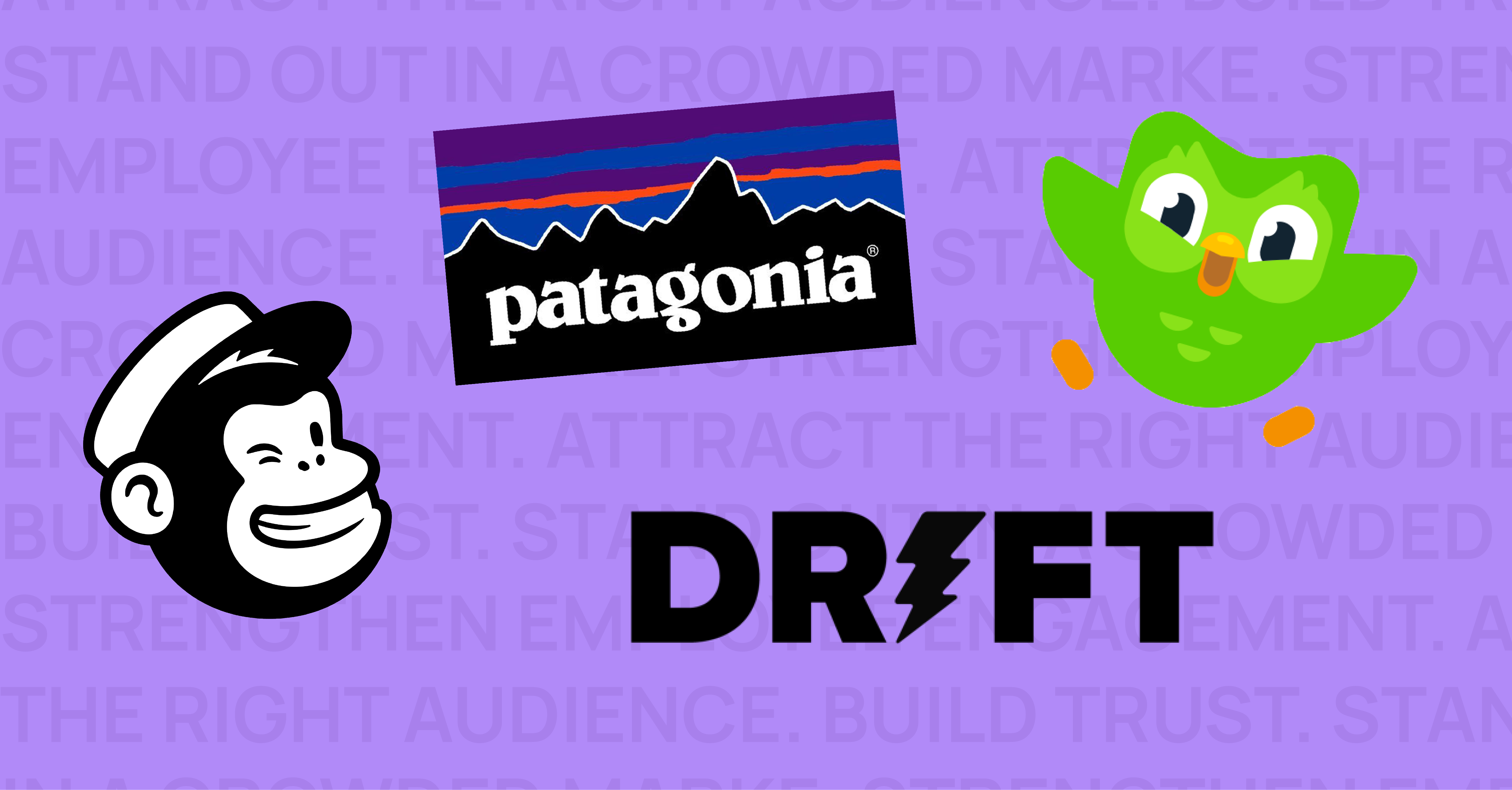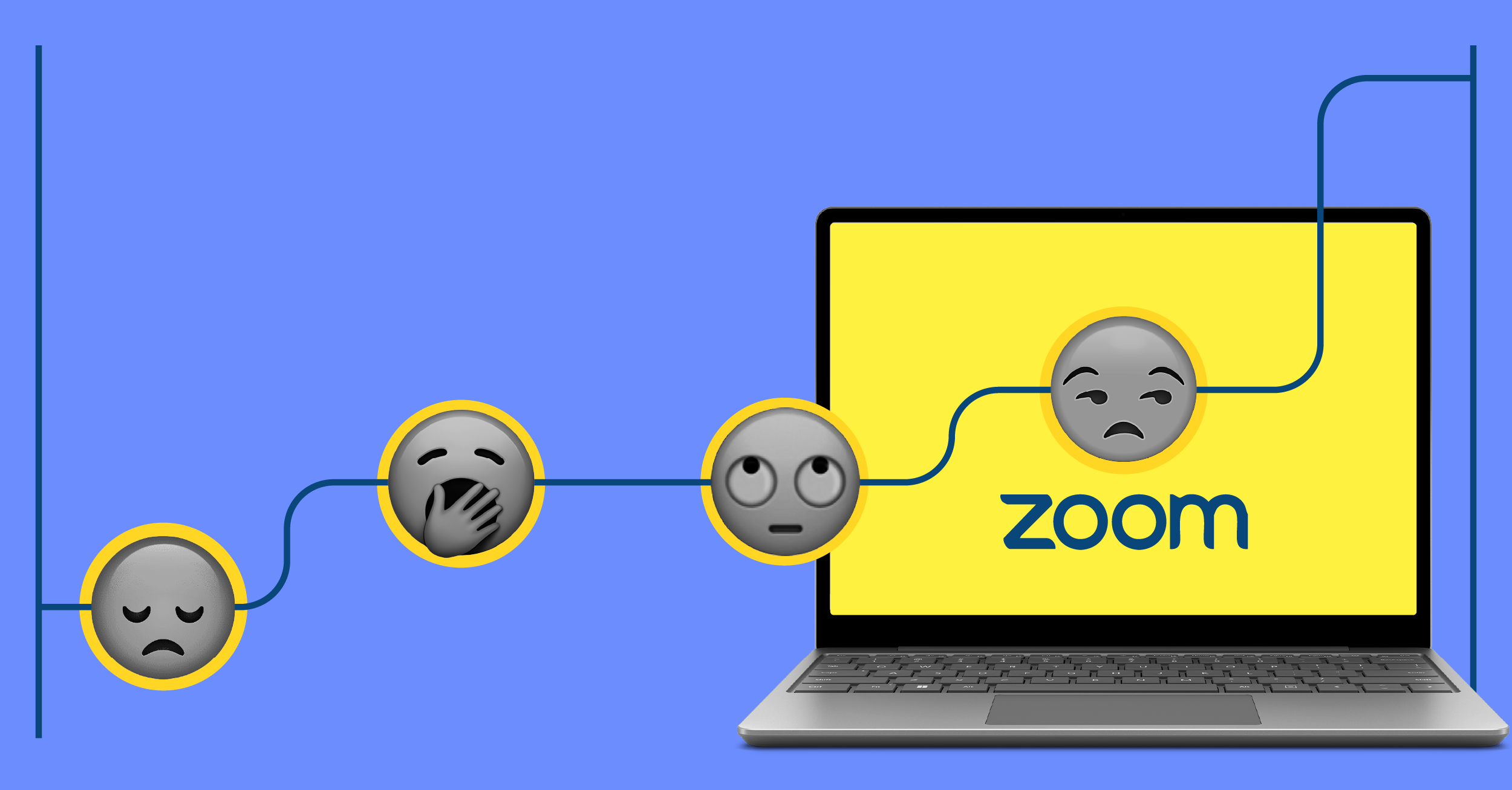When was the last time you had a Kodak moment? Or sent a BBM on Blackberry? Or ate at a Quiznos?
These brands are headed towards extinction. Why? Largely because they didn’t spend enough time asking questions. They were busy telling others what they needed.
Quiznos neglected the trend of consumer choice with pre-designed, hot-only subs. Blackberry was convinced consumers wanted traditional keyboards on mobile devices. Kodak discredited the appeal of digital film.
In journalism, there’s an expression, “Show, don’t tell.” In branding, the expression should be, “Listen, don’t talk.”
Easier said than done. How does a brand listen – intently and in an unbiased manner – to the needs, wants and desires of its key audiences? Rather than guessing what’s happening in the industry and what clients’ perceptions are, we often encourage businesses to do focused market research.
Successful communication between a business and its clients is a two-way street, and market research gives your listeners their own lane. Additionally, market research has many benefits that can keep you from being the next Quiznos, Blackberry or Kodak.
Knowledge of your reputation
Every company believes they have satisfied customers, but the feeling doesn’t compare to knowing exactly what your clients think of you. Yes, dollars are votes, but a one-dollar bill only has a lifespan of about six years. Don’t you want your business to last longer than that?
Research of internal and external audiences can be equally valuable. The focus of the study can be designed to pinpoint specific issues or topics of relevance to a business. For some, the aim is to better understand client service, and identify areas for improvement. For others, the purpose can be to find new services and offerings that would appeal to clients. And for others, a general impression of the brand and its values, from employees and clients alike, is an important lesson.
On one recent research project, we helped a client identify the important role that their client relationship managers played in a client’s satisfaction with the firm. This dynamic, while not surprising, sheds light on how, what, and why the firm needed to make adjustments.
Regardless of the purpose, it’s critical that every research project aims to address set objectives. At each stage of the project, you should be able to answer, “What are we trying to learn from this research?” Keep an open mind about what you find, as the responses may point you in new and different directions that you never expected.
If Blackberry better understood what their brand was and what customers valued, their story may have unfolded differently. As of today, they are left with a 0.0% market share.
Insight to improve existing products and services
Evolving with the times and staying ahead of trends is key to staying afloat in business. But, if you never ask just how that should be done, you’ll be taking shots in the dark.
As with the client example previously mentioned, the discovery that their employees were having a significant impact, both positively and negatively, on the client experience revealed a desire to standardize that experience across all contacts. With this new information, the leadership team was equipped to begin making specific, impactful changes to the company’s operations.
Quiznos should have taken their cues, too. If they had just asked, perhaps they would have learned that consumers wanted more control over their sandwich experience, and that their prices couldn’t beat a five-dollar foot-long.
Knowledge of the industry
Another benefit of research is understanding the people who are not yet clients, their needs and how they relate to the industry you are in. Last year, we helped a different client develop a survey of healthcare providers to assess their views of the industry they work in. Through a brief survey, the company was able to discover more about what their audiences were up against in their day-to-day work environment, and how they looked toward the future. This informed our client’s go-to-market strategy, messaging and positioning. This new perspective helped paint a more accurate picture of the end-users’ needs.
Like a muscle, market research should be exercised on a habitual basis. Industries change, audiences evolve, and trends cycle through the business world. We suggest that companies conduct research on an annual basis, at a minimum, and take advantage of other opportunities that make client, prospect and partner research feasible.
To avoid becoming tomorrow’s Quiznos, Blackberry or Kodak, start listening.



